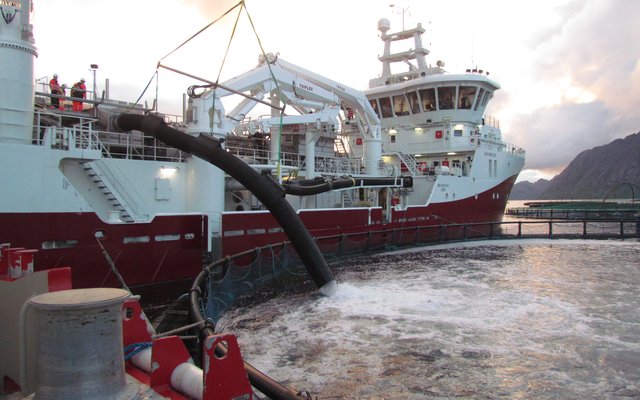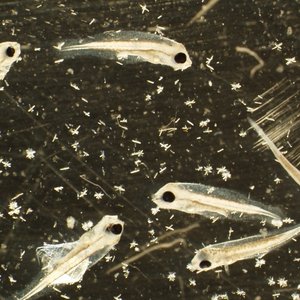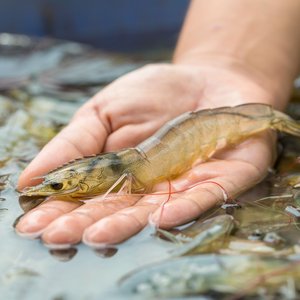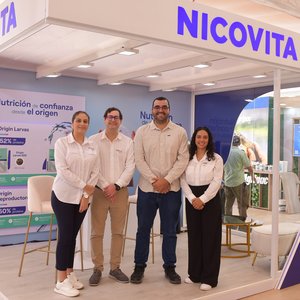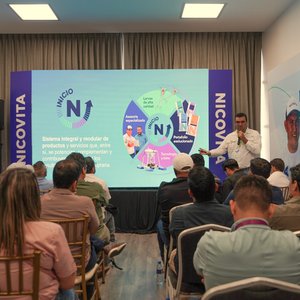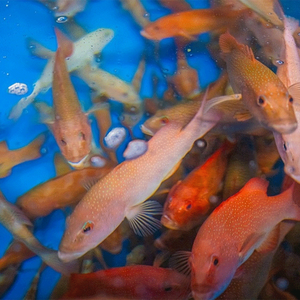Mark Lyte, professor of veterinary microbiology and preventive medicine at Iowa State University, revealed how hormones produced by a stressful condition could lead to deadly infections by acting as an environmental signal to bacteria, causing them to proliferate and attach to host tissue long before the host’s immune system realizes they are there. Recognizing and responding to a host’s stress response enables pathogens to evade immune systems and ultimately cause disease.
Norwegian salmon farmers’ disease control efforts rely largely on vaccines and sea lice physical remotion. According to Lyte, who first showed more than 30 years ago that bacteria can respond to neurochemicals involved in the stress response, and the researchers from the Norwegian Veterinary Institute (NVI), those methods are stressful to the fish which produces stress hormones that could promote bacterial growth, leading to increased infections.
Supported by the Research Council of Norway with a USD 1.2 million grant, Lyte’s research team and the NVI, will work on a three-year project to establish whether stress hormones are making farmed salmon more susceptible to bacterial disease, which costs the industry an estimated USD 100 million per year.
The outbreaks involve numerous pathogens, both reemerging and new concerns, but there’s no indication of any decisive genetic changes in the bacteria or the fish, which are bred for disease resistance.
The environment in the sea cages, including the water temperature, has remained steady. However, the spike in disease rates in recent years coincides with the steep rise in physical delousing, and symptoms often appear shortly after the treatments, which can be conducted as frequently as every month during the summer, said Snorre Gulla, senior researcher at NVI.
Lyte will travel to Norway to meet and train Norwegian researchers, who will later visit his lab in Ames. The research will involve exposing fish-associated bacteria to stress hormones in a lab and stressed fish in water. The team also aims to develop tools for monitoring stress hormone levels in salmon stocks.
“Our overall ambition is to create new knowledge and increased understanding of important bacterial diseases in Norwegian aquaculture through unraveling whether microbial endocrinological processes are important facilitators of bacterial diseases in fish. This can hopefully lead to better mitigation strategies,” Gulla said.


